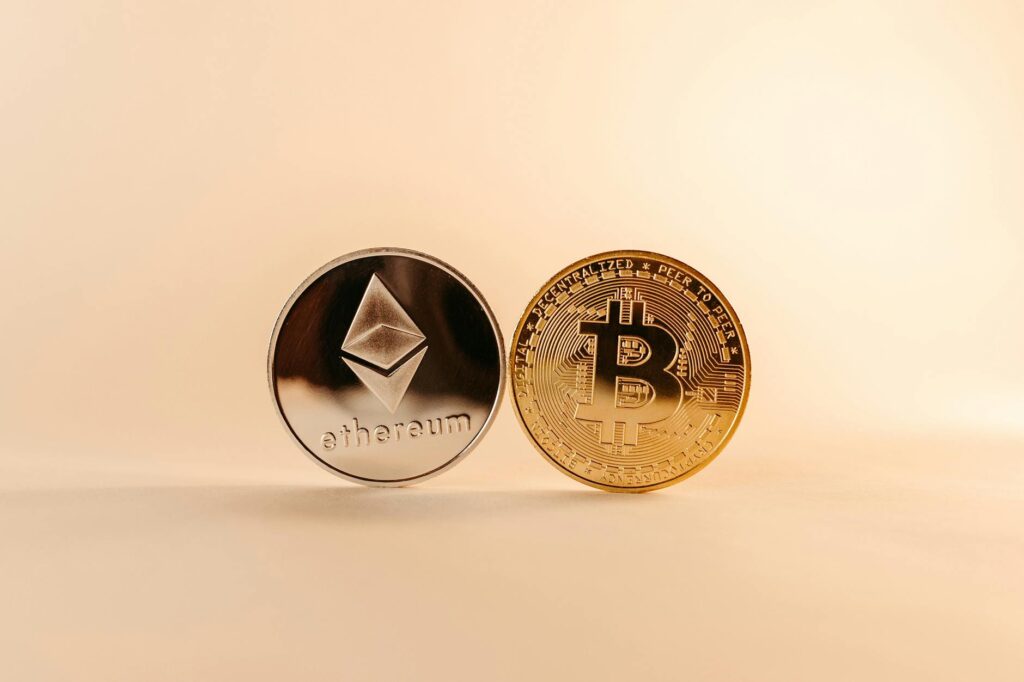The Legal and Economic Challenges of Tokenizing Securities
Let’s face it: the world of finance is changing. Fast. And one of the most disruptive forces at play? You guessed it: tokenizing securities. It’s tempting to dive headfirst into this exciting new frontier, but navigating the intricate legal and economic landscape is crucial for success. Remember that time everyone was talking about the next big IPO, and it tanked because of regulatory hurdles? We don’t want a repeat of that. So, let’s break down the challenges – and the opportunities – that come with this revolutionary approach to finance.
Why Even Bother with Tokenizing Securities?
Before we delve into the complexities, let’s understand the ‘why.’ Why are we even talking about tokenizing securities? What’s the big deal? Well, imagine a world where fractional ownership of assets becomes commonplace, where liquidity skyrockets, and where transactions settle in seconds. That’s the promise of security tokens. They represent ownership of an underlying asset – think stocks, bonds, real estate – on a blockchain. This digitization unlocks unprecedented efficiency and access.
The Allure of Fractional Ownership
Think about that pricey piece of art you’ve always dreamed of owning, or that lucrative real estate investment that seemed out of reach. Tokenization makes these assets accessible to a broader audience by allowing for fractional ownership. Suddenly, that multi-million dollar painting becomes attainable, opening up investment opportunities previously limited to the wealthy elite.
Liquidity: The Game Changer
Traditional markets often suffer from illiquidity, particularly in asset classes like private equity or real estate. Tokenization transforms this by creating more liquid markets. Selling a fraction of your investment becomes significantly easier and faster, unlocking value and providing greater flexibility.
Navigating the Legal Maze: Tokenizing Securities and Regulatory Hurdles
Here’s where things get a little thorny. Tokenizing securities inevitably raises a host of legal questions. How do existing securities laws apply to these digital assets? Which regulatory body holds jurisdiction? These questions vary across different jurisdictions, creating a complex and often confusing landscape. The key is to understand the specific regulations governing your chosen market and ensure full compliance.
The Howey Test: A Defining Factor
In the United States, the Howey Test plays a crucial role in determining whether a token qualifies as a security. This test evaluates whether the investment involves an expectation of profit derived primarily from the efforts of others. Understanding the nuances of the Howey Test is vital for anyone venturing into the realm of tokenizing securities.
Navigating International Regulations
Regulatory frameworks for security tokens vary considerably across the globe. Some countries have embraced this innovation with open arms, establishing clear guidelines and sandbox environments for experimentation. Others remain cautious, taking a more conservative approach. Navigating these international variations can be challenging, requiring expert legal counsel to ensure compliance.
Economic Considerations: The Impact on Markets
Beyond the legal complexities, there are significant economic considerations to address. How will tokenized securities impact existing market structures? Will they create new opportunities for investment or disrupt traditional financial institutions?
The Potential for Market Disruption
The introduction of tokenized securities has the potential to significantly disrupt traditional financial markets. By streamlining processes and reducing costs, security tokens could challenge the role of intermediaries like brokers and clearinghouses. This disruption could lead to greater efficiency and lower fees for investors.
New Avenues for Investment
Tokenized securities open up exciting new avenues for investment. They can facilitate access to previously illiquid assets, democratizing investment opportunities and potentially generating new sources of capital for businesses.

Managing Volatility and Risk
Like any emerging asset class, tokenized securities are subject to volatility and risk. Market fluctuations, regulatory uncertainty, and cybersecurity threats can all impact the value of these investments. Careful risk management and due diligence are crucial for navigating this evolving landscape.
Conclusion
Tokenizing securities presents a transformative opportunity for the future of finance. While navigating the legal and economic challenges may seem daunting, the potential rewards are immense. By understanding the regulatory landscape, carefully assessing the economic implications, and managing risks effectively, we can unlock the full potential of this revolutionary technology.
FAQ
What are the main legal challenges of tokenizing securities?
The primary legal challenges include navigating varying regulatory frameworks across jurisdictions, complying with securities laws like the Howey Test, and ensuring investor protection.
What are the economic benefits of tokenizing securities?
Key economic benefits include increased liquidity, fractional ownership, reduced transaction costs, and greater access to investment opportunities.
What are the risks associated with security tokens?
Risks include market volatility, regulatory uncertainty, cybersecurity threats, and the potential for fraud.
How can I invest in tokenized securities?
Investing in tokenized securities requires careful research and due diligence. Consult with a financial advisor and ensure you understand the risks involved.


